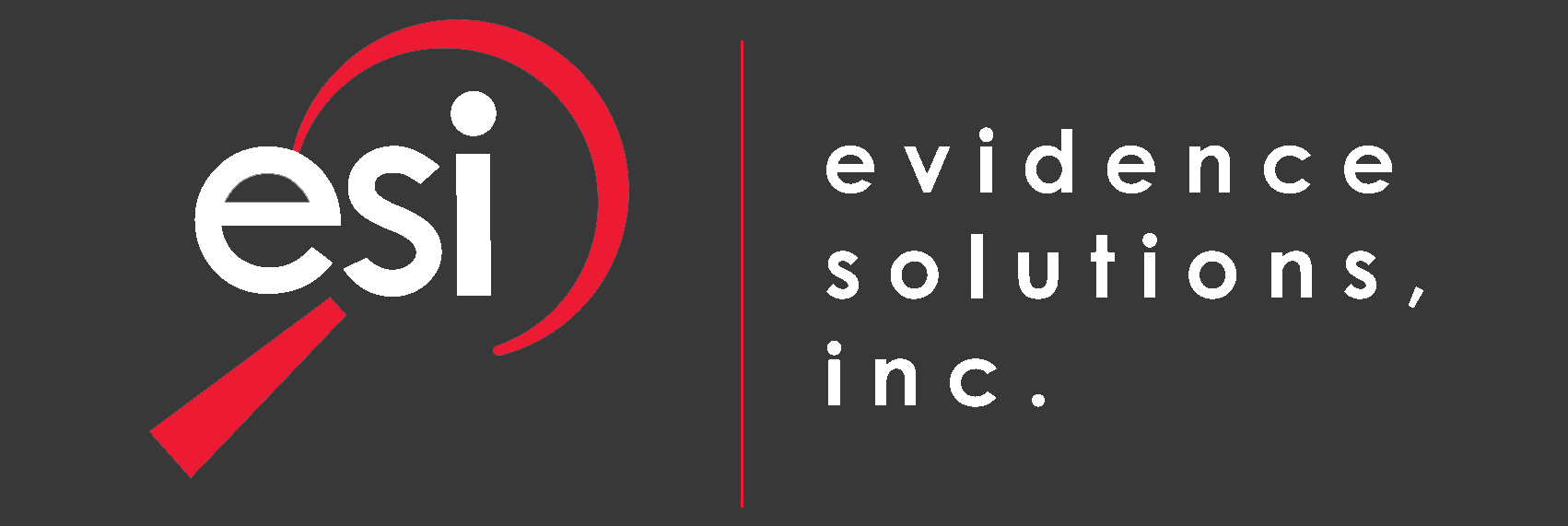In part one of this article, we discussed how employees generally do not consider e-mail as it relates to the company’s legal standing. As an owner/supervisor, it is left to you to consider and take great care in educating your employees in what should or shouldn’t be put in writing. In addition, it is also up to you to make your employees aware of how the written word is conveyed when read.
We have now asked and answered two very important questions. First, the majority of employees do not consider the legal risk of electronic communications. Second, as an owner/supervisor why it is crucial you understand the potential legal ramifications. The remainder of this article is devoted to assisting you in creating and/or updating your current policies.
In today’s litigious society, company’s both large and small should have company policies. These policies have traditionally covered areas from dress codes to vacation policies. Within the past five years, companies have begun adopting IT policies, generally found within the employee handbook. As a professional Computer and Technology Forensics company, when we are called in to examine hard drives and/or servers due to a company suspecting the improper use of systems, we also discuss the company’s IT policies with the appropriate supervisor or IT manager.
In many cases, we have found that most policies do not adequately cover what is necessary in the computer and electronic communication age. Companies should have a very clear e-mail and technology use policy. One of the more important ones usually not covered, and unfortunately to the detriment of the employer, is an e-mail retention policy. Since many industries are governed by different and specific federal and/or state statutes on how long information must be retained, your policy should reflect these guidelines.
The policy should be as specific as possible in what types of communications are kept and how long. Make it clear there are both business and legal reasons for the company keeping such information. Information from e-mails as well as other electronic systems can be used in many types of cases, including harassment, discrimination, antitrust, retaliation, Americans with Disabilities Act, insider trading, accounting fraud, improper trade secret disclosure and more!
REMEMBER- The intentional destruction, of any kind, of evidence relevant to a current or pending lawsuit contained in the e-mail or e-mail attached document, is a felony, and if proven, could land one in jail.
As an owner/supervisor, take a moment to examine your current IT or company’s technology policy. If your company doesn’t currently have an IT or technology policy-get one! While you will need to ensure the individual needs of your company are met, following are some topics of what you should consider including in your usage policies:
- Electronic information ownership
- Monitoring of technology use
- Acceptable use of company technology
- Acceptable content
If you currently hold meetings with your employees or publish a company newsletter, these are excellent venues to use to educate your employees. Utilize these opportunities to let them know there are certain things they should be aware of when sending or responding to e-mails. Employees should be counseled to be cautious and to not make statements that can be considered a legal conclusion. Let your employees know they should utilize the knowledge and expertise within the company by picking up the phone and calling their supervisor or Human Resource Department.
When educating your employees about the content of an e-mail or using other forms of traceable electronic technology, train the employee to ask themselves these simple questions:
- Should I put this in e-mail or should I call?
- Would I write this down knowing that it may exist forever?
- Would I put this on a postcard and mail it?
- Would I want to see this printed in the newspaper?
- Would I want this to get into the hands of my company’s competition?
- Would I want this to get into the hand of my worst enemy?
Electronic communications are not transient, temporary or untraceable. E-mail is evidence. Education and proper policies go a long way to keep both employees and the employer from ending up in a potential lawsuit trying to explain the written word.


